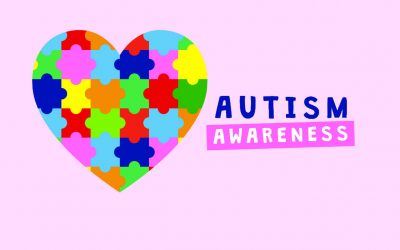Strange Movements May Signal Asperger’s
Nyden A, Carlsson M, Carlsson A, Gillberg C., Department of Child and Adolescent Psychiatry, University of Goteborg, Sweden. agneta.nyden@pediat.gu.se Autism is a neurodevelopmental disorder with strong genetic influences.
Clinical experience and limited empirical evidence support the view that autism may be associated with aberrant interhemispheric information transfer. This empirical controlled study examined whether, at neuropsychological testing, children with autism showed problems with interhemispheric information transfer.
The study included auditory, visual, and motor measures covering information transfer within, as well as across, modalities. Thirty children (24 males, 6 females; mean age 12 years 8 months, SD2 years 8 months; range 9 years 5 months to 17 years 5 months) without learning disability but with autism spectrum disorders were compared with30 children from a mainstream school matched for age, sex, and IQ75.
Children with autism spectrum disorder performed significantly worse than the comparison group on most of the tests (p=0.02 for auditory perception and attention, p=0.005 for visual perception, p=0.0001 formotor control, p=0.04 for tactile perception).
Results support the notion that aberrant interhemispheric transfermay be involved in the pathogenesis or clinical course of autism. The findings were not accounted for by lower IQ in the group with autism. PMID: 15230457 [PubMed – in process]


